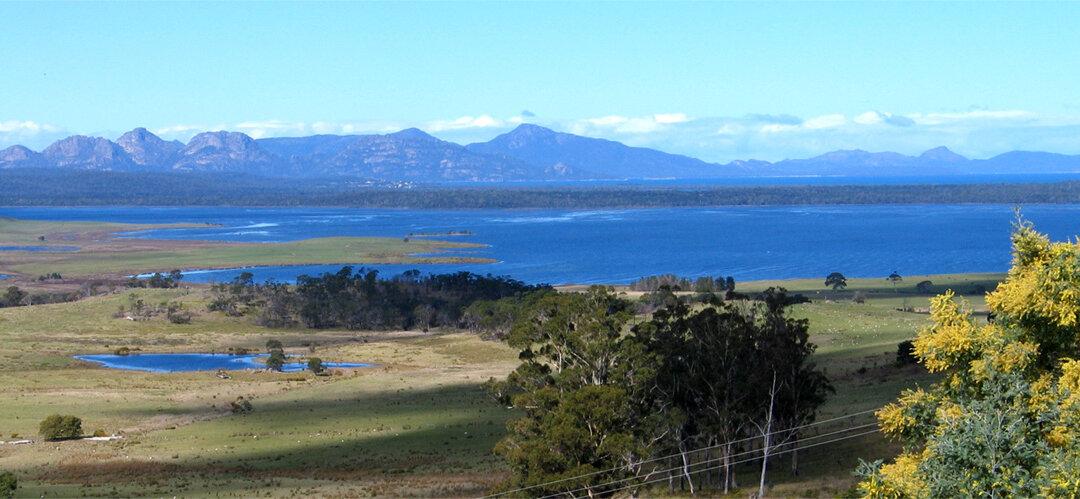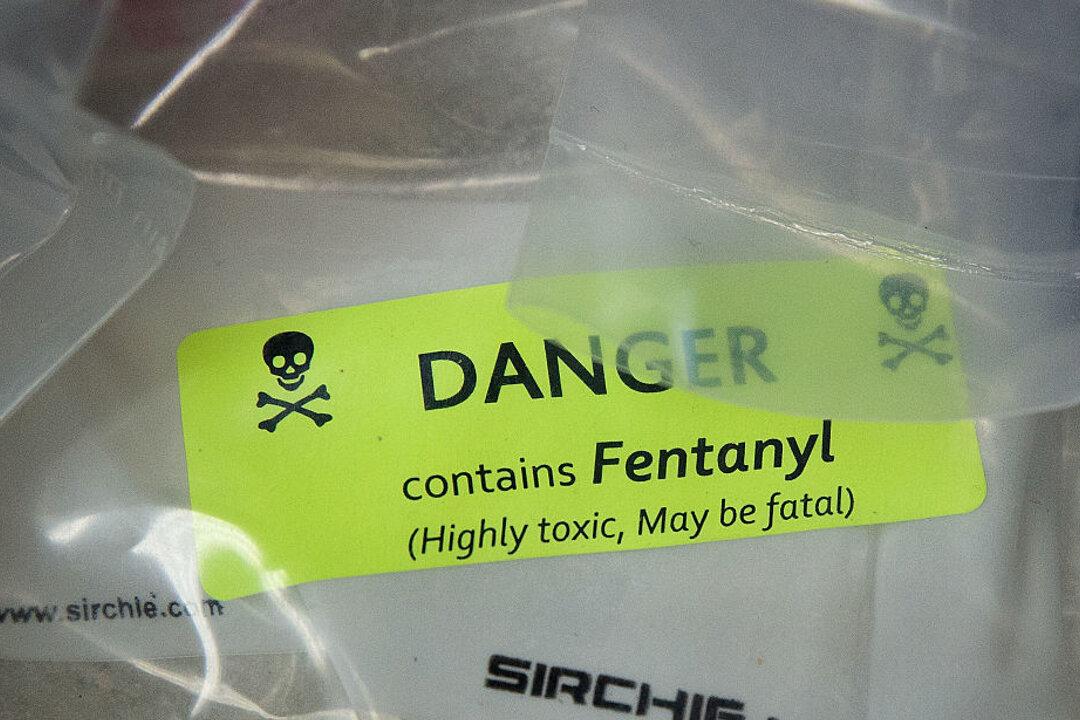The president of the Tasmanian branch of the Australian Council for the Promotion of Peaceful Reunification of China has said that allegations of the organisation’s links to the Chinese Communist Party (CCP) are “baseless and false.”
“We have no affiliation with, nor are we instructed by, the Chinese Communist Party or any party, for that matter,” said President Xin De Wang in response to concerns that the organisation has been exerting CCP influence in Tasmania.




